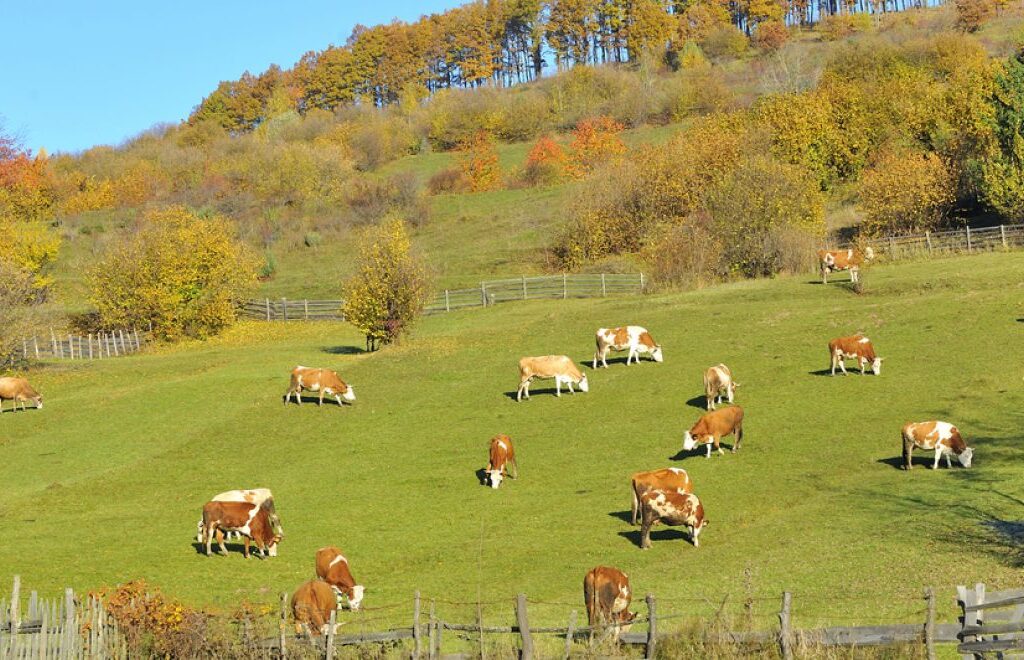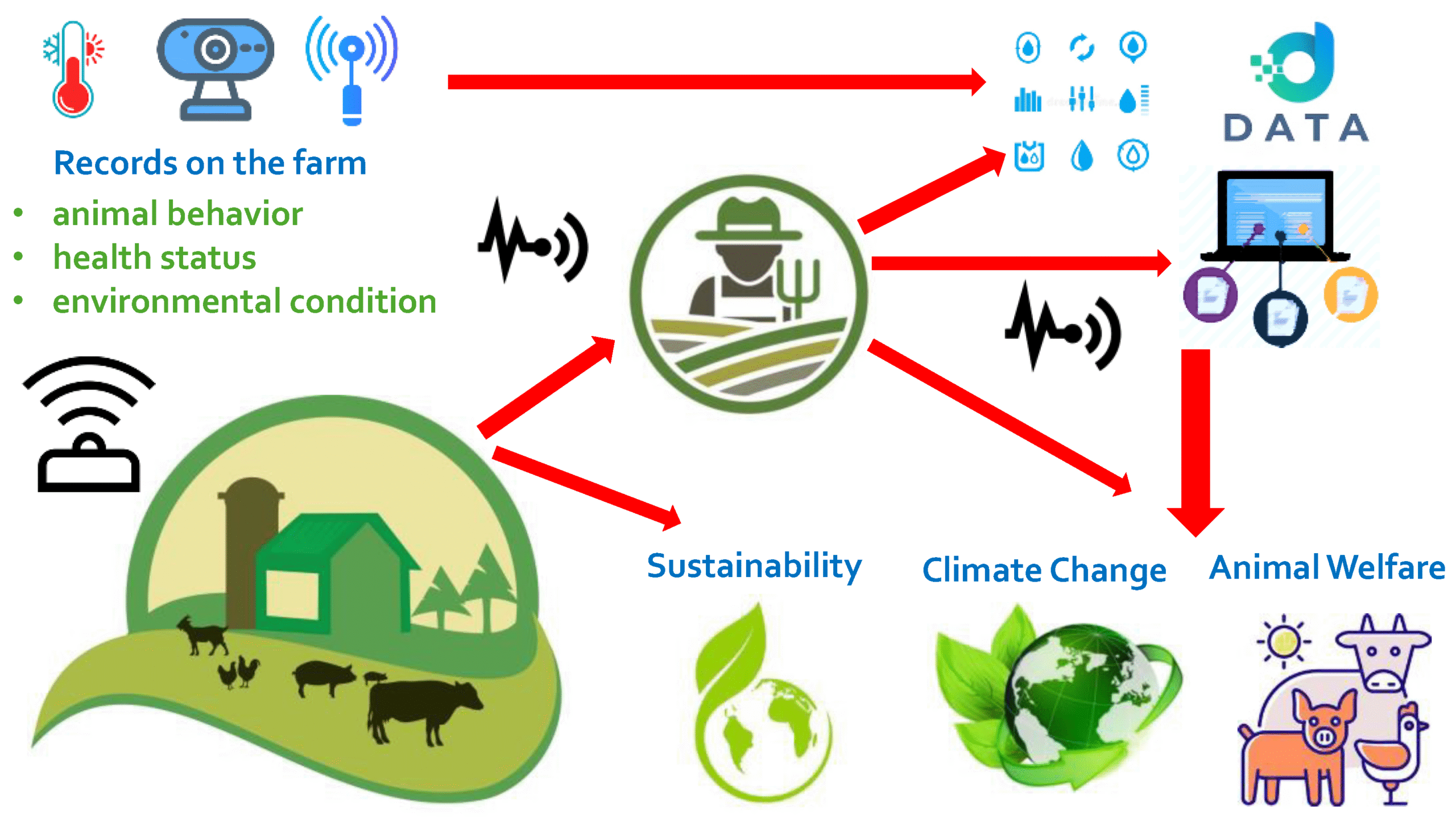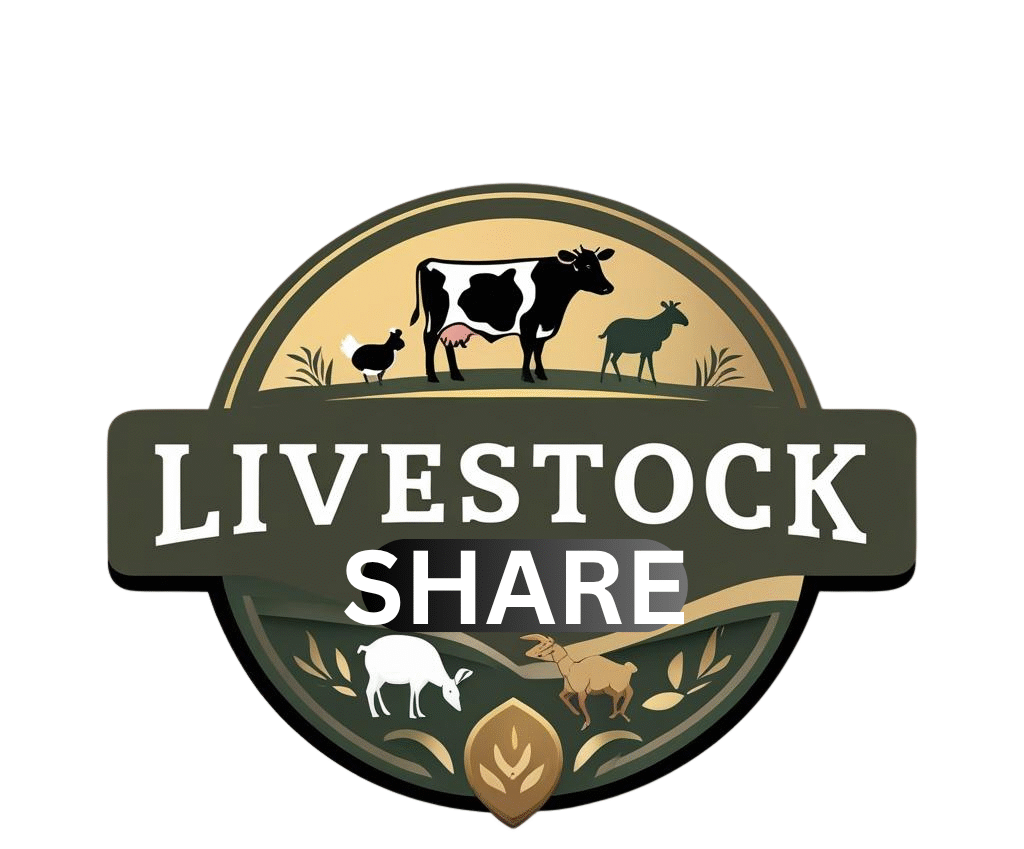+1 (585) 209-9013
Why Virtual Livestock Farming Is Africa’s Next Big Climate‑Resilient Investment
Africa’s livestock sector is rapidly evolving into a key player in climate adaptation and economic resilience. With virtual livestock farming, investors can now own goats or camels online, enjoy insured, organic care, and benefit from the continent’s growing climate-smart agri market.

The Climate-Smart Investment Edge of Virtual Livestock Farming
Despite housing 25% of the world’s livestock, Africa receives less than 10% of global agricultural investment. This discrepancy creates a vast opportunity for forward-thinking investors.
According to Euractiv, Africa’s livestock sector is underfunded but crucial for food security, rural livelihoods, and climate adaptation. The potential is immense—but traditional access has been difficult for global investors.
Africa’s livestock industry supports millions and is vital to climate adaptation. According to World Bank analysis, livestock plays a central role in building resilience in East Africa’s pastoral regions, especially under climate stress like droughts and flooding ReutersWorld Bank.
Virtual livestock farming bridges this gap—offering investors climate-smart livestock investment through remote, sustainable ownership.
How Virtual Livestock Farming Works
Choose Your Climate-Resilient Animal
Select from robust African breeds—such as goats adapted to heat and low water, or resilient camels—designed for tough climates and early profits.
Organic Care on Eco-Conscious African Farms
Animals are raised using silvopasture and organic feeding strategies that reduce methane, improve soil carbon storage, and strengthen sustainability WikipediaAfrica Investment Consortium. Our farms invest in climate-smart livestock practices aligned with regional adaptation goals.
Animal Insurance and Risk Protection
Each animal is fully covered by livestock insurance, offering protection against drought, disease, or loss—mirroring the parametric insurance tools used in African climate resilience models World BankAfrica Investment Consortium.
Monitor Growth & Sell for Profit
Investors track animal progress online and can sell at peak value. Many achieve up to 3× ROI within 12 months, thanks to productivity improvements and growing demand in livestock markets.
The Solution: Virtual Livestock Ownership – Invest Without Owning a Farm
Thanks to platforms like Livestock Share, anyone in the world can now buy livestock online, such as goats or camels, and let professional African farmers raise them organically on lush, scientifically managed farms.

Africa’s livestock sector offers a triple dividend:
Climate adaptation and resilience
Economic opportunity for rural livelihoods
Sustainable, profitable investment returns
As the World Bank and Global Center on Adaptation highlight, livestock is crucial for both mitigation and adaptation—when digital tools and financial inclusion are deployed at scale
Why Now Is the Time to Invest in Virtual Livestock Farming
Demand is Rising: Internal African demand and export markets are growing fast, with dairy and small ruminant production expanding by double digits annually Research Desk Consulting.
Underfunded Sector: Despite contributing ~30% to agricultural GDP, livestock receives minimal climate financing—only a fraction of total agriculture funding, opening room for private innovation and investment ReutersWorld Bank.
Tech and Climate-Smart Synergy: Digital tools—like mobile dashboards, sensors, and feeding logs—are enhancing productivity while reducing emissions and improving resilience ReutersLivestock Data Projects.
Conclusion – Join Africa’s Climate-Resilient Livestock Movement
Virtual livestock farming offers an unmatched combination: high ROI, climate-smart animal care, and ethical ownership. With Africa’s livestock sector poised for growth and adaptation, now is the time to be part of the future of sustainable agriculture investment.

 Cart is empty
Cart is empty